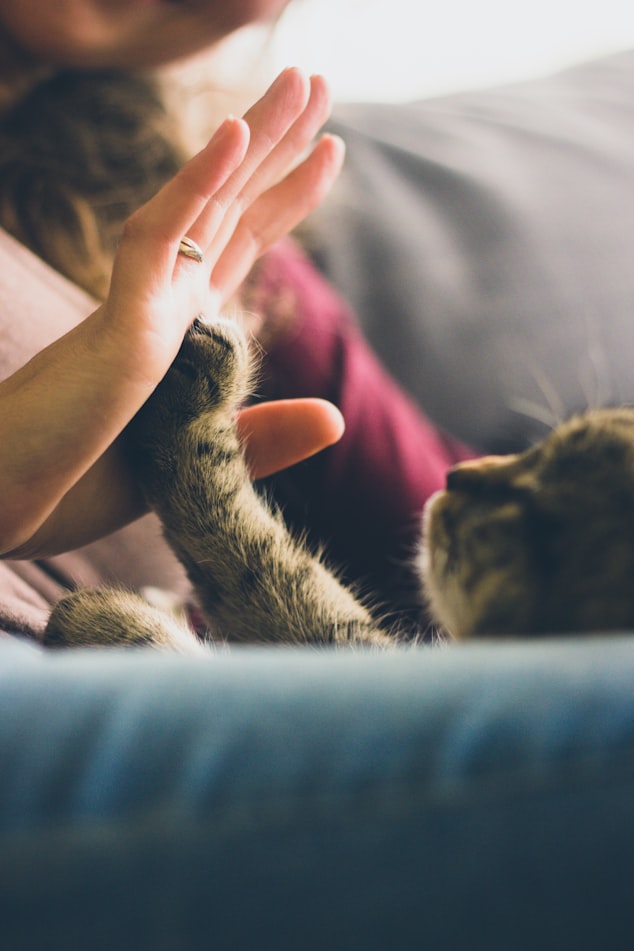A dog or cat’s kidneys work the same as humans’ do. The kidneys filter out toxins in the blood stream and flush them out with urine. Sometimes, things go wrong and the kidneys begin to shut down.
If the Kidney disease is acute, then symptoms will come on quickly and the progression is fast. If it is chronic then you may not notice symptoms right away and the progression is much slower.
Causes
There is a variety of things that can cause kidney failure. Such as:
- Aging
- Parasites
- Cancer
- Abnormal deposits of protein
- Autoimmune disease
- Inflammation
- Congenital disorders
- Infections
- Physical trauma
- Toxic reactions to medications
- Toxic reactions to poisons (i.e. grapes)
- Inherited disorders
- Tainted foods
- Decreased blood flow
- Decreased oxygen to kidneys
- Urinary obstruction
- Bacteria from periodontal disease
Symptoms
Always be on the look out for changes in behavior, this is one of the best ways to tell if your pet isn’t feeling good. Some other things to watch for are:
- Increased or decreased thirst
- Increased or decreased urination
- Blood in the urine
- Weight loss
- Lack of appetite
- Vomiting
- Lack of energy
- Reluctance to move
- Problems with their coat
- Diarrhea
- Bad Breath
- Mouth ulcers
- Swelling of limbs or abdomen
- Pale gums
- Stumbling
These symptoms can occur with liver and pancreas problems as well. It is very important that you take your pet to the veterinarian when you notice any of these symptoms.
Diagnosis
After a physical examination, if kidney disease is suspected, your veterinarian will begin to run some tests. This includes:
- Complete blood panel
- Urinalysis
- X-rays
- Ultrasounds
Imaging is used to detect anything that may be causing blockages or growths.
Treatment
Treatments really depend on the cause of the kidney failure. Possibilities include:
- Drugs that encourage urine production
- Fluid therapy
- Management of blood electrolyte abnormalities
- Monitoring of urinary output
- Control of vomiting
- Medication for gastrointestinal problems
- Dialysis
- Dietary management
- Correction of anemia
- Management of high blood pressure
- Therapy for specific underlining cause (i.e. infection or toxins)
Quality of life is also taken into consideration when a treatment plan is being decided.
If you feel like your pet needs to bee seen don’t hesitate to call us or make an appointment online.



